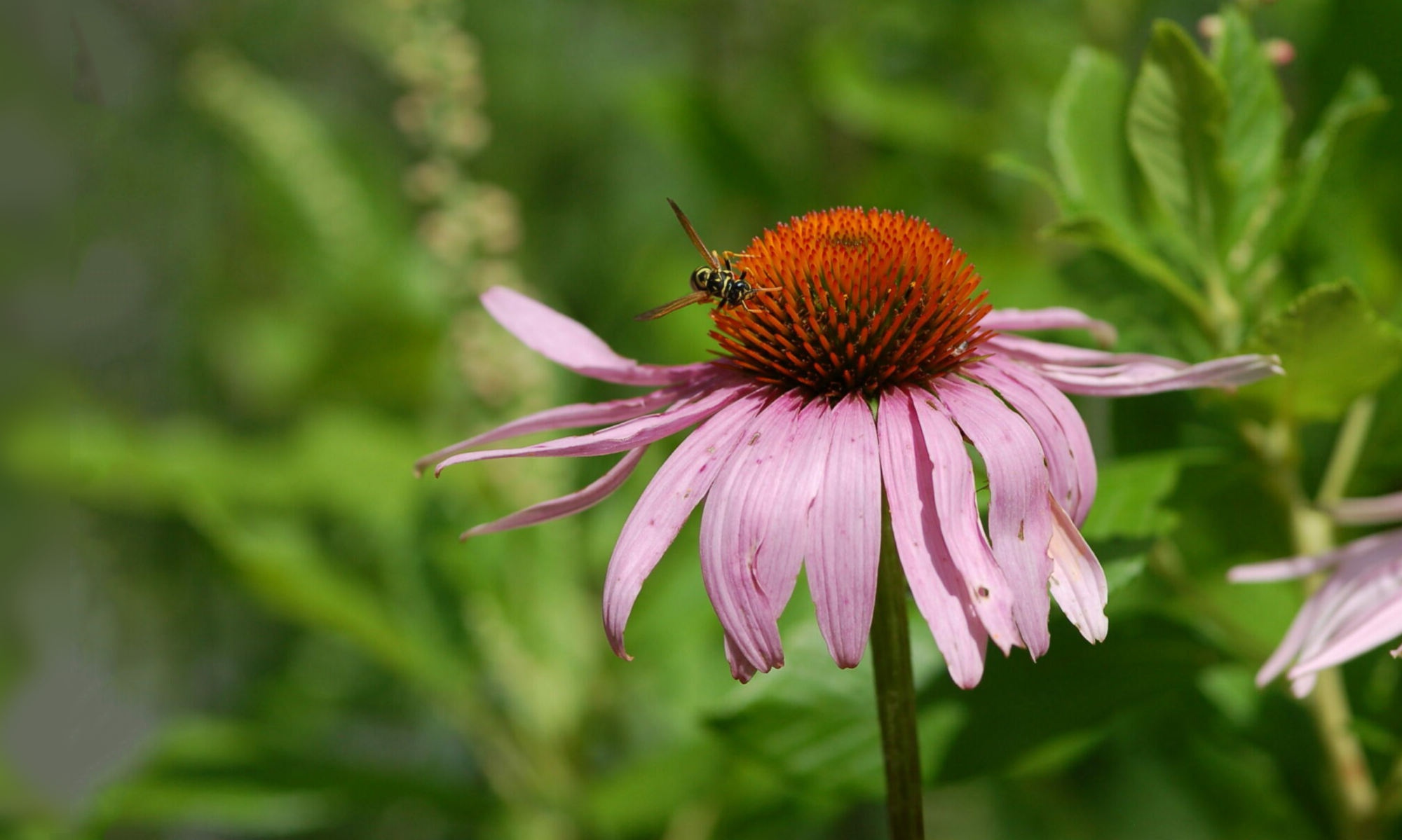What’s STEM? It’s an acronym for Science, Technology, Engineering and Math, and it is used to describe anything—from curricula to careers to books—that draw on or explore those fields of study.
What’s STEM Friday? It’s a weekly online celebration of books and activities that explore themes of science, technology, engineering and math. Every Friday, book bloggers across the internet share their thoughts on STEM topics, and every Friday someone compiles the links to all their posts so that you can peruse them at your leisure.
Why am I telling you this? Because today is STEM Friday, and I am the STEM Friday host!
If you are a contributor, leave me a link in the comments section. If you are a reader, check back throughout the day, as I’ll be adding STEM Friday links to the list below all day …
First up is my post about International Coastal Cleanup, the perfect volunteer effort for anyone (or any group of someones) who has read TRACKING TRASH and felt moved to do something about ocean pollution.
Over at Ana’s Nonfiction Blog, author Ana María Rodríguez shares the slime in a sneak peak post about her book SECRET OF THE SUFFOCATING SLIME TRAP …. AND MORE!
At the SimplyScience blog, author Shirley Smith Duke shares a review and some related classroom activities in her post about the book HURRICANES!, by Gail Gibbons.
At Wrapped in Foil, Roberta explores Cat in the Hat science with a post reviewing WHY OH WHY ARE DESERTS DRY, by Tish Rabe, Aristides Ruiz, and Joe Matheiu.
Jeff at NC Teacher Stuff checked in with a post about SNAKES, SALAMANDERS, AND LIZARDS, by Diane Burns and Linda Garrow. (I love snakes, salamanders, and lizards!)




